Why even a Dry(ish) January Can Have Massive Health Benefits
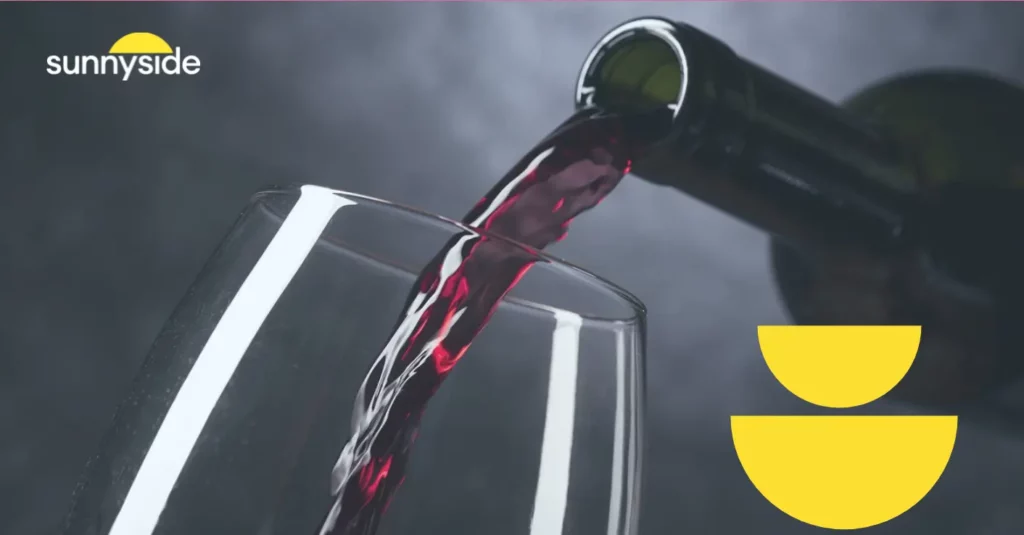
Dry January encourages people to quit drinking for an entire month, but if you’re not too keen on going fully dry for the month, you may prefer the alternative version called Dry-ish January or Damp January.
6 Ways Mindful Drinking Helps With Hangxiety
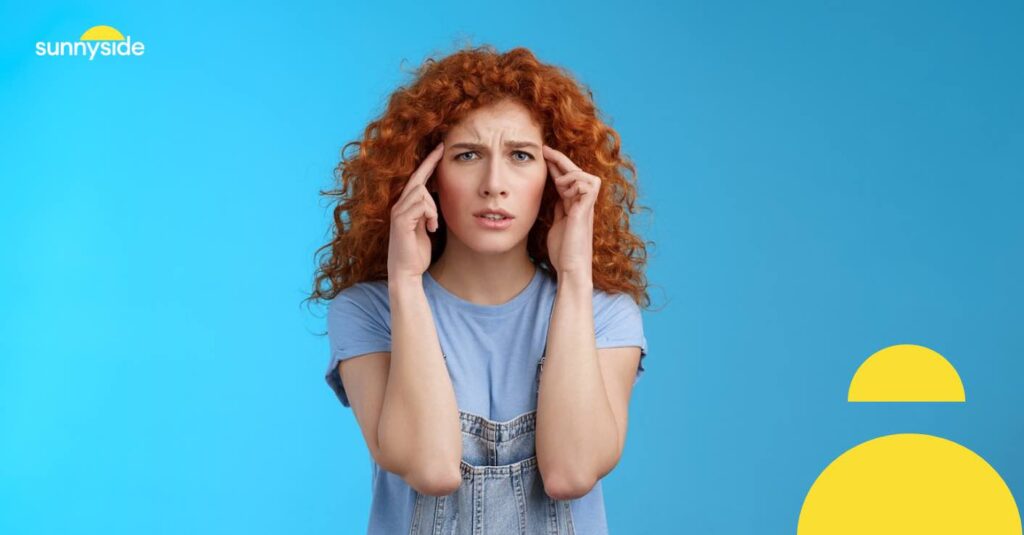
When you’re drinking, there’s an influx of the GABA (gamma-aminobutyric acid), which causes you to feel relaxed and calm. When you stop drinking, you have withdrawal symptoms. Your body gets used to alcohol as a crutch to feel calm. Take it away and anxiety can follow. Add interrupted sleep to the mix, which often happens when people drink to excess, and feelings of depression and anxiety can intensify.
15 Non-Alcoholic Options for a Sober(ish) October Happy Hour
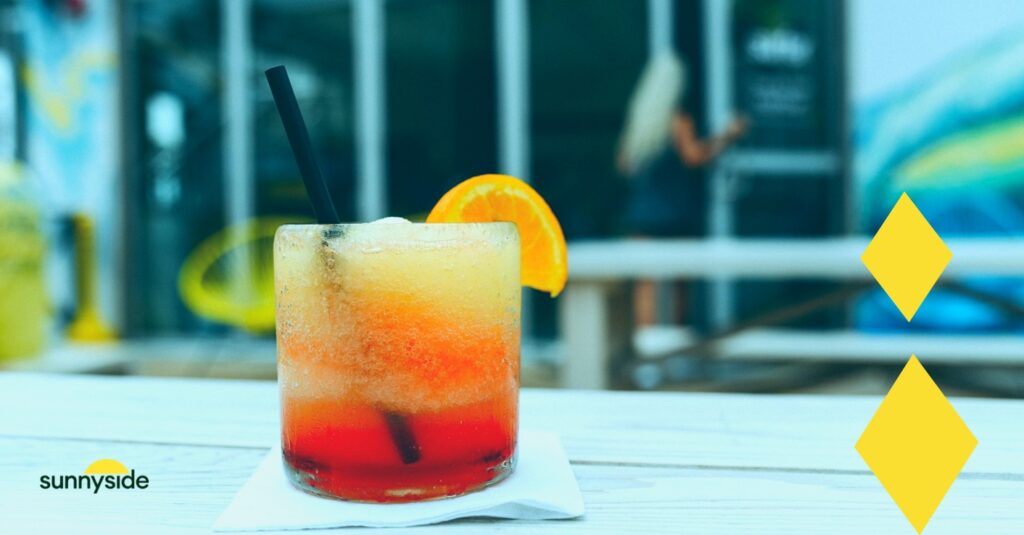
At Dry Atlas, we’ve cataloged over 1,000 non-alcoholic spirits, wines, beers, and ready-to-drink mocktails. These beverages aren’t just about abstaining from alcohol; they offer a chance to indulge in the ritual of drinking, savor sophisticated flavors, and relax in a more healthful way—all while reducing your alcohol intake.
Gray Area Drinking: How to Drink Within Your Limits
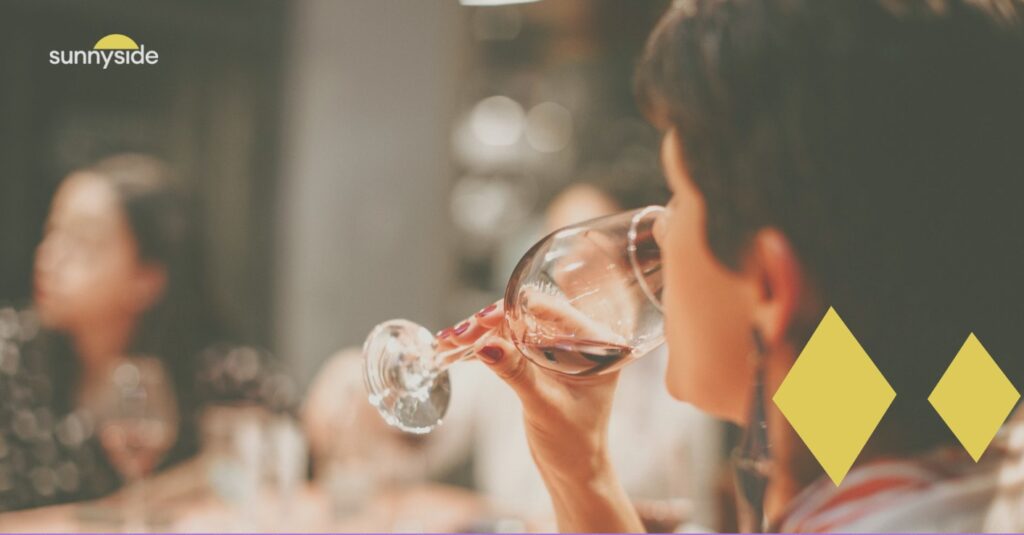
Gray area drinking refers to alcohol consumption that falls between excessive drinking and every-now-and-then drinking.
If you’re a gray area drinker, you might not notice any serious warning signs about your drinking habits. You don’t wake up with a splitting headache each day. Nor has your drinking landed you into trouble with the law or your employers.
[Podcast] Untangle: A Moderation and Mindfulness Based Approach to Drinking
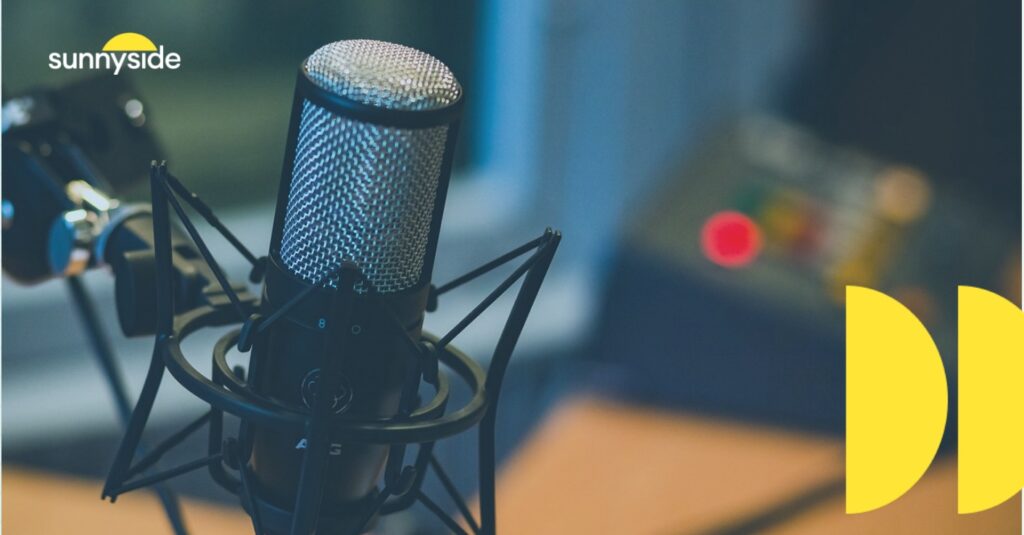
Ian dives into the moderation and mindful approach, explaining how a Soberish rather than Sober October can benefit those who try it. Learn all about where this mindful approach came from and the three biggest science-backed ways Sunnyside helps.
Planning for Dry(ish) January: How Focusing on Habit Science Can Help
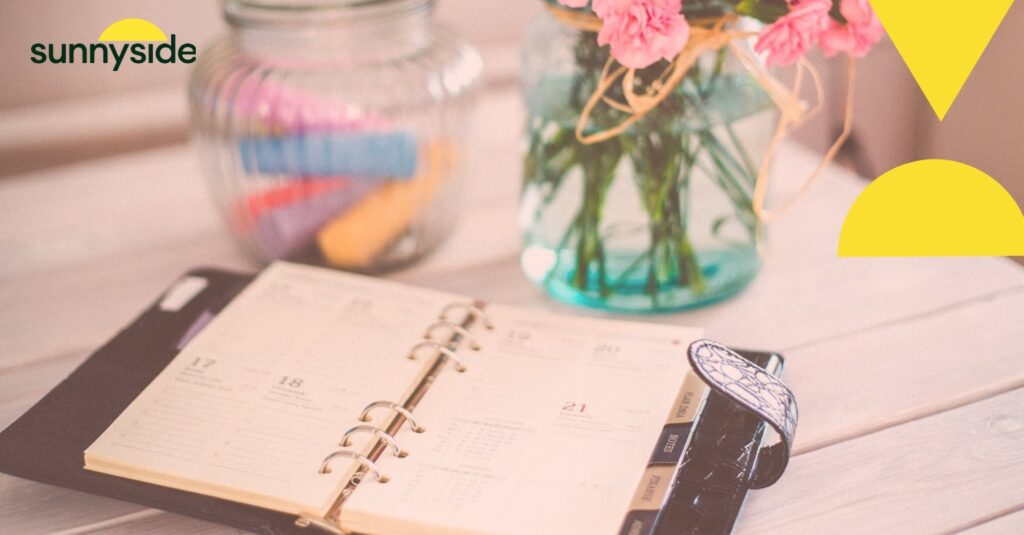
Cutting back for good means changing the habits that lead to reaching for a drink. And if you partner with Sunnyside for Dry(ish) January, you’ll get the guidance and encouragement you need to replace bad habits with good ones.
35 Types of Drinkers: Where Do You Fall on The Alcohol Spectrum?
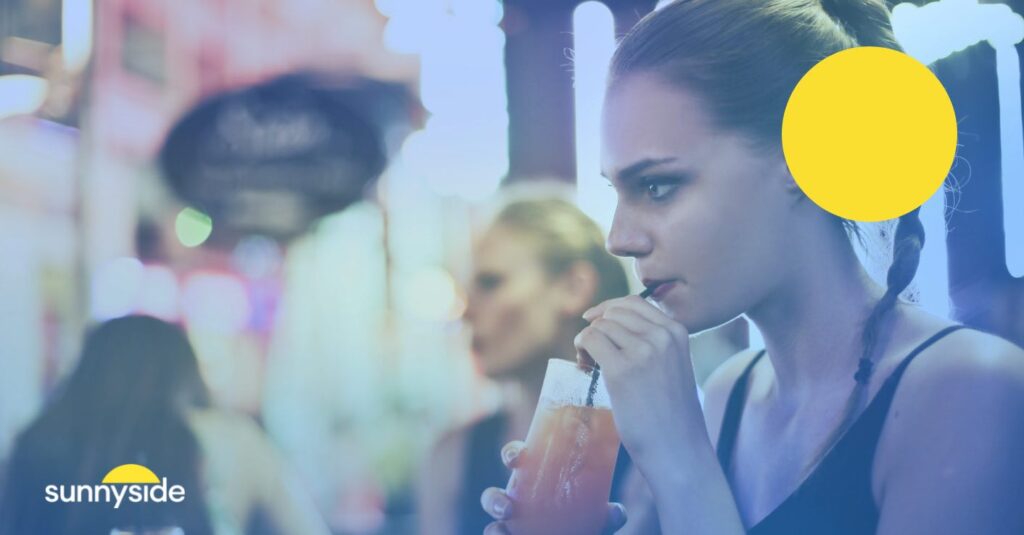
Whether you drink at pool parties or during night outs with friends—it’s helpful to know what category of drinkers you fall into. In this article, we’ll explore 35 different types of drinkers. We’ll also discuss the definition behind each one and look at some questions you can ask yourself to identify which type of drinker you are.
Sober(ish) October: What It Is And How It Can Prepare You For Dry January
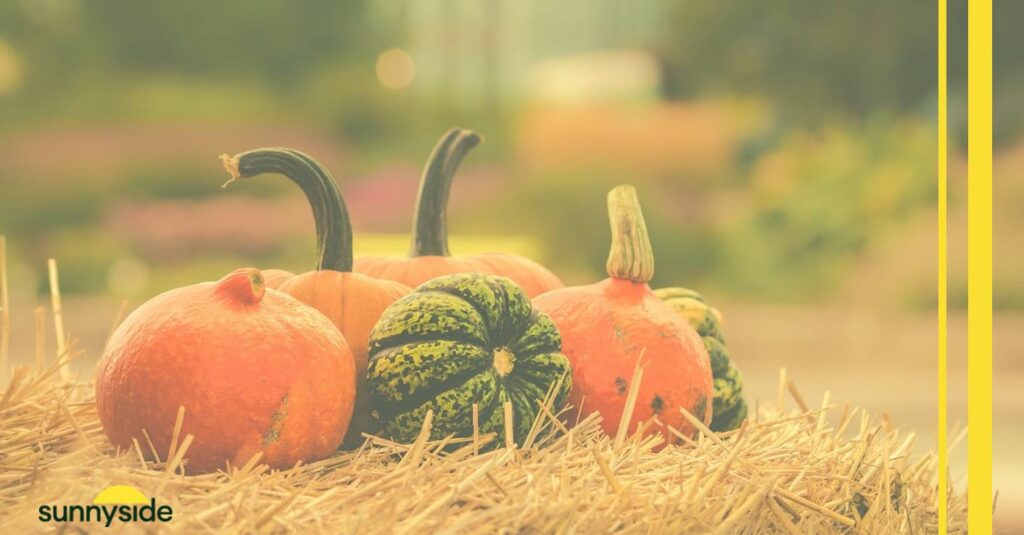
Monthly sober challenges are becoming an annual ritual and with good reason. In this article, we’ll dive into everything you need to know for a successful Sober October (or Soberish October) and how it’ll prepare you for Dry January.
Am I an alcoholic? 10 signs to consider if you’ve ever asked yourself this question.

Even if you think there’s no way you could be an alcoholic, going through this article might help you reflect on your own drinking habits as well as the habits of those around you. We will also discuss some modern support systems that can help with moderation, depending on your needs or your loved ones’ needs for support.
Do You Know Why You Drink? Here’s How to Identify Your Triggers
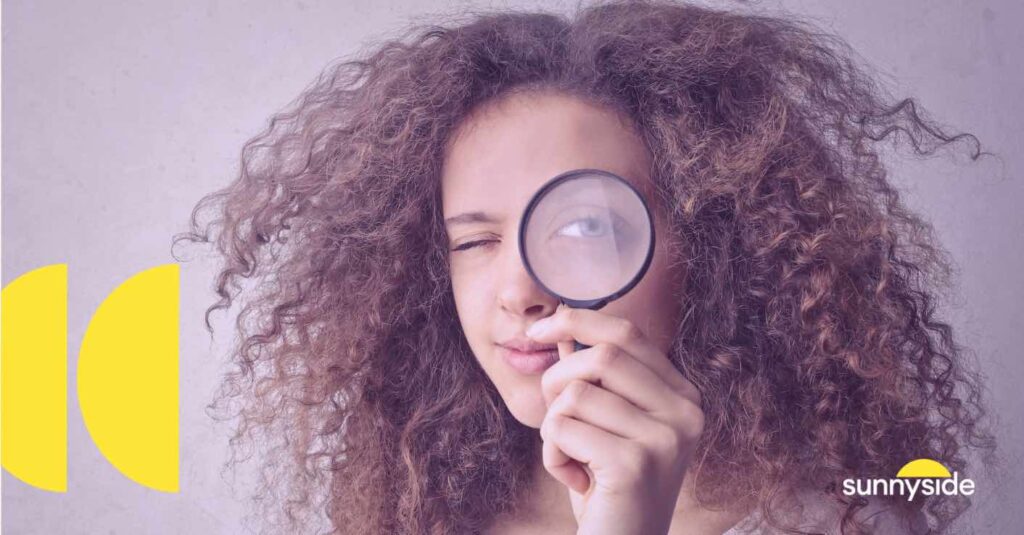
A bad day at work, a fight with your partner, or just the monotony of everyday life can all lead us to drink — maybe without even thinking about it. We live in a world where grabbing a drink is the norm for socializing, celebrating, or coping with stress. So changing these habits, especially if they’re unconscious, doesn’t come easy. With some self-reflection, though, you can identify your drinking triggers and learn strategies to overcome them.